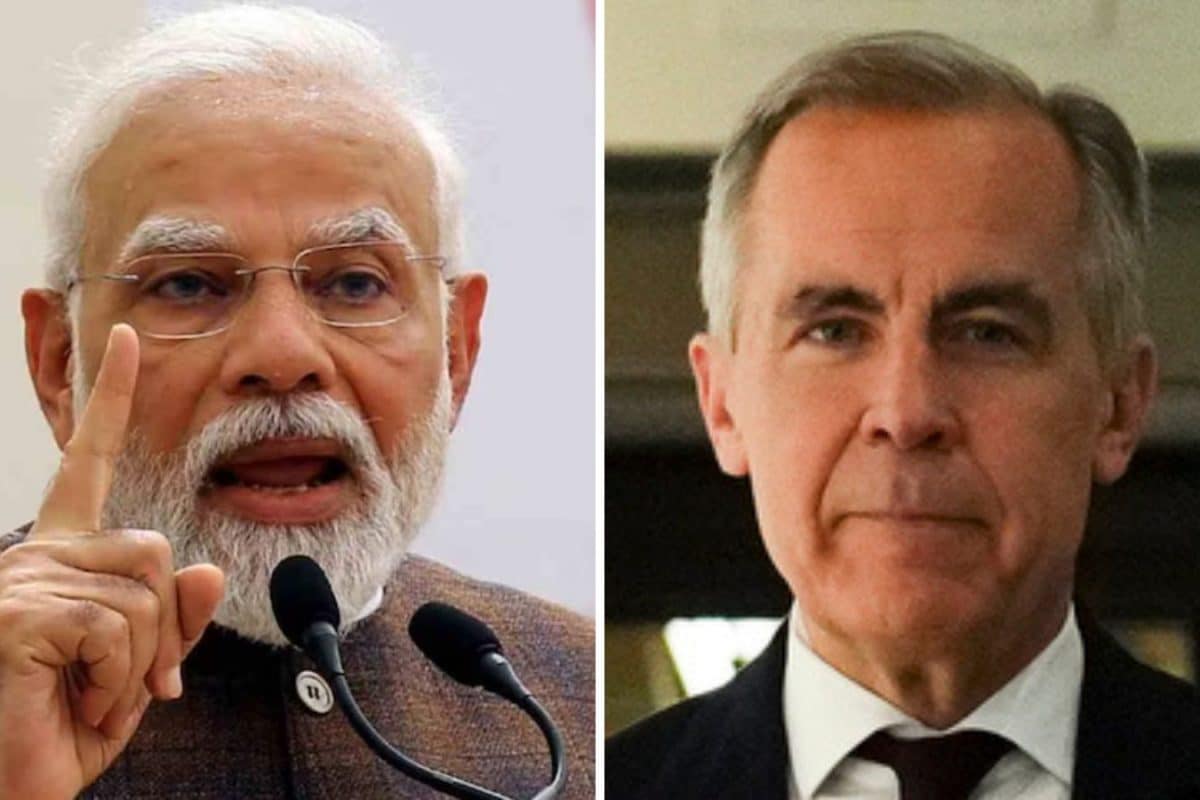

Canadian Prime Minister Mark Carney's invitation to Indian Prime Minister Narendra Modi to attend the G7 Summit in Kananaskis, Alberta, marks a potential turning point in the relations between the two nations, which have been strained in recent years. This move, however, warrants a cautiously optimistic approach from India.
The invitation comes after a period of significant diplomatic challenges. The relationship between India and Canada deteriorated sharply after former Canadian PM Justin Trudeau publicly accused Indian agents of involvement in the killing of Hardeep Singh Nijjar, a pro-Khalistan separatist, on Canadian soil in June 2023. India has vehemently denied these allegations, calling them "preposterous." The accusations led to a diplomatic standoff, with both countries expelling senior envoys and halting trade talks.
Despite these tensions, Mark Carney has emphasized the importance of India's presence at the G7 Summit. He has defended his decision by pointing out India's economic stature and global role, stating that India is the world's fifth-largest economy and a central player in global supply chains. Carney also noted that key discussions on topics such as international peace and security, global economic stability, and the digital transition require India's participation.
Several factors might have influenced Canada's decision to extend the invitation. The first is India's growing economic and geopolitical importance. India's large economy and population make it a significant player in global affairs. Many G7 nations are interested in strengthening their strategic partnerships with India, particularly in areas such as defense, technology, and trade. According to reports, there was a "strong push from the G6" to have India at the table, which Canada couldn't ignore. Secondly, despite the diplomatic tensions, there has been some progress in law enforcement dialogue between the two countries. Carney and Modi have agreed to continue discussions addressing security concerns, which suggests a willingness to engage and find common ground. Thirdly, Canada's new administration under Mark Carney, is keen to revitalize Canada's foreign relations. Carney has stated that restoring and strengthening bilateral ties with New Delhi will be one of his foreign policy priorities.
While the invitation is a positive step, India needs to remain cautiously optimistic. The Nijjar case remains a sensitive issue, and the criminal investigation is still ongoing in Canada. Any new findings or developments could potentially derail the progress made in improving relations. Moreover, there are still core disagreements between the two countries. India has concerns about the activities of pro-Khalistan groups in Canada, while Canada has suspicions of Indian interference in domestic affairs.
Therefore, India should approach the G7 Summit as an opportunity to engage in constructive dialogue with Canada and other G7 nations. It is crucial to address the concerns and misgivings on both sides while focusing on areas of mutual interest, such as trade, investment, and security cooperation. India should also use the summit to strengthen its relationships with other G7 members, many of whom see India as an important strategic partner.
In conclusion, while Canada's invitation to PM Modi for the G7 Summit is a welcome development, India must remain cautiously optimistic. The path to normalizing relations will require sustained efforts, open communication, and a willingness to address the underlying issues. The summit provides a platform for both countries to rebuild trust and explore avenues for cooperation, but it is essential to recognize that challenges remain. Only through careful and pragmatic diplomacy can India and Canada hope to restore their relationship to its full potential.